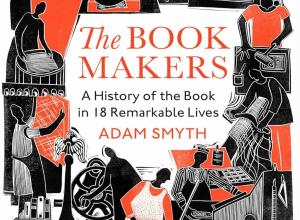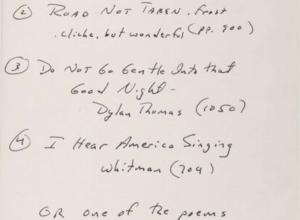May 2013 |
OED Editor John Simpson Announces Retirement
A standard reference work found on the shelves of special collections libraries and rare book dealers across the country is the massive, 20 volume Oxford English Dictionary, or the OED for short. The OED has been the gold standard of English dictionaries since the first of its volumes was published in 1888. The extraordinary scholarship of its writes and editors has produced an unparalleled reference into the history of the English language.
The longtime editor of the OED, John Simpson, announced his retirement this week, effective in October of this year. He has served as editor of the dictionary since the mid 1980s, overseeing its transition to an online publication. The first electronic version of the OED appeared in 1988 and the first online edition in 2000. Work is currently underway on the third edition of the dictionary, which thus far has been solely published online, where it is made available to paying subscribers The head of Oxford University Press said the OED is unlikely to ever appear in print. The online edition generated upwards of 2m hits per month.
Simpson gave a fascinating interview to The Independent in London about his time with the OED and his impending departure.
Here Simpson offers an interesting perspective on the historical nature of change in the English language:
"Big changes aren't happening so fast as they were in the old days. If you lived in 1000, and then looked ahead to 1500 you wouldn't understand the words and the accents that were being used then, especially with the influx of French. I don't see such cataclysmic change happening in the future. From 1750 or so, from Samuel Johnson's dictionary, things really haven't changed so much. Whereas 250 years before Johnson it was dogged by non-standardisation. In the middle ages it was a series of dialects. I'm probably slower to accept that there is a massive change on the way, because I'm aware that there has been a lot of stability over the last few centuries. I don't think a completely new form of language is going to come out of the technological changes we're seeing now. I'd be very surprised if it did."
















